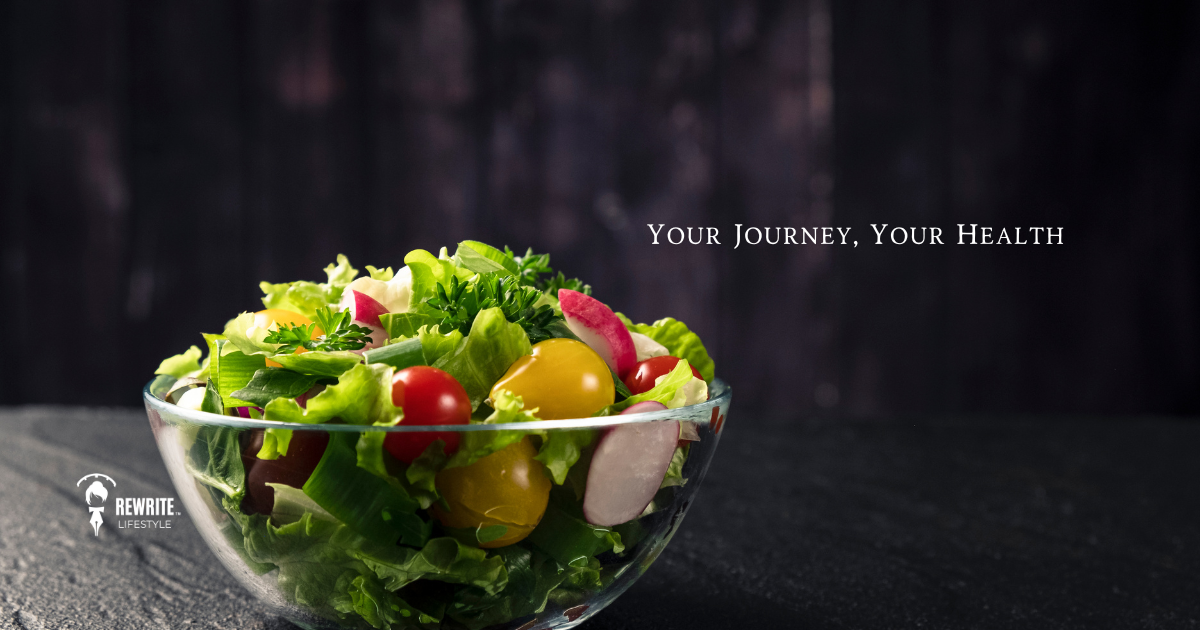The Recipe Hunt Chronicles: Overcoming Emotional Eating in Early Post-Op Life
Dec 16, 2024

🎯 Early Post-Op Life and Food Addiction: Breaking Free from Emotional Eating
Weight loss surgery is a life-changing decision. But the journey that follows? It’s not all smooth sailing. For many, the early post-op phase reveals just how deep their emotional ties to food run. One of the biggest giveaways? A midnight Pinterest search for "Michelin-starred broth recipes." Sound familiar? Let’s dive into why this happens and how to tackle it head-on.
The Emotional Rollercoaster of the Puree Stage
The puree and soft food stages are pivotal in post-op recovery, but they also bring unexpected challenges. You're sipping broth, eating cottage cheese, and trying to enjoy scrambled eggs while grappling with the flood of food memories from your pre-surgery life.
Here’s the thing: broth isn’t supposed to be a culinary masterpiece. It’s flavored water, not a soul-healing potion. If you’re already bored and desperate to “elevate” these simple foods with truffle oil or elaborate recipes, it could signal something more profound—a reliance on food for emotional comfort.
Signs You’re Looking for Emotional Comfort in Food Post-Op
1️⃣ You’re Googling “how to make cottage cheese gourmet.”
2️⃣ You’re brainstorming ways to marinate purées.
3️⃣ You’re endlessly scrolling social media for recipes that promise to “transform” the soft food stage.
Why This Happens
This behavior often stems from emotional eating patterns that surgery can’t fix alone. Weight loss surgery changes your stomach, not your relationship with food. If you’re feeling dissatisfied or restless with what you’re eating, it’s likely because food used to play a significant emotional role in your life. Now that you can’t turn to your old favorites, it feels like something is missing.
But here’s the truth: the problem isn’t cottage cheese or scrambled eggs—it’s what you’re trying to get from them emotionally.
How to Break the Cycle
💡 Recognize the Pattern:
If you’re constantly thinking about how to make simple post-op meals more exciting, take a step back. Are you trying to fill an emotional void? Awareness is the first step toward change.
💡 Find New Emotional Outlets:
Food can’t be your comfort anymore. Post-op success requires finding healthier ways to manage emotions—whether it’s journaling, exercising, or connecting with loved ones.
💡 Don’t Blame Yourself:
The modern food environment is designed to be addictive. From hyper-palatable foods to endless marketing, it’s no wonder many of us develop emotional dependencies on eating. Weight loss surgery doesn’t erase those triggers, but it gives you a fresh start.

Why It Matters
Addressing emotional eating now is crucial to avoiding stalls or regains in the future. By breaking the cycle early, you set yourself up for long-term success. The goal isn’t just to lose weight; it’s to rewrite your relationship with food and build habits that empower you for life.
Weight loss surgery is only the beginning of the journey. The real transformation happens when you learn to nourish your body without leaning on food for emotional comfort. So, put down the truffle oil, take a deep breath, and know that you’ve got this.
What’s Your Experience?
Have you struggled with food boredom or emotional eating post-op? Share your story below or let me know how you’ve found new ways to cope!





